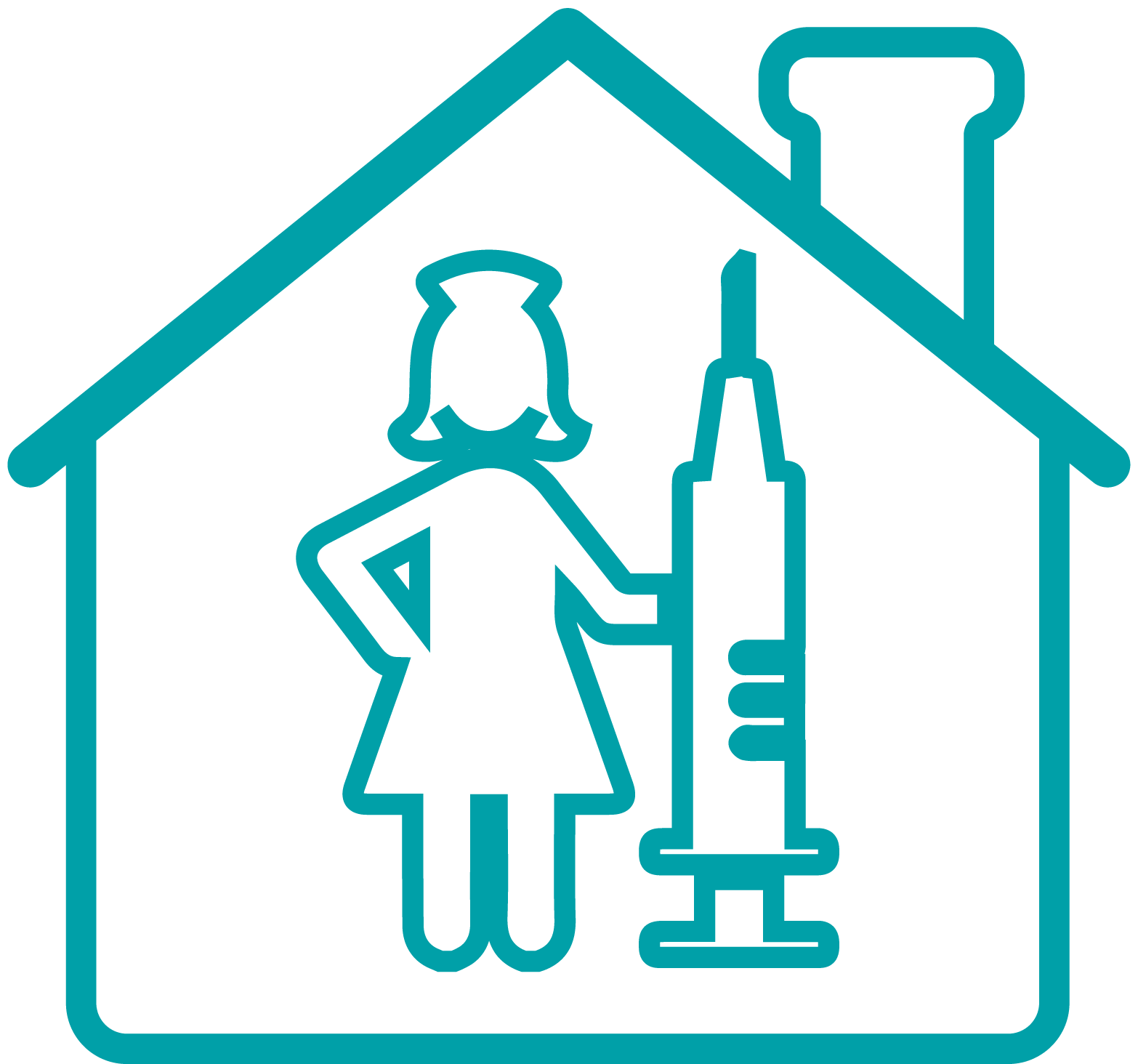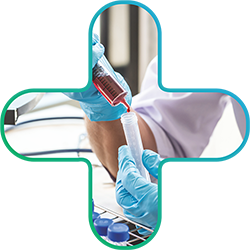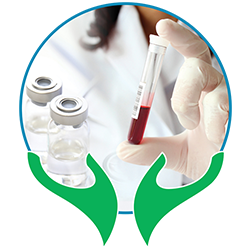Infrastructure & Technology
Infrastructure & Technology
The infrastructure of the genomic lab is designed to serve the entire UAE population efficiently with its advanced and sophisticated technologies. The lab is equipped with high-precision modern equipment and resources. All these are aimed at providing revolutionary healthcare services and driving innovation in the field of genomics. The lab infrastructure is optimized for efficiency, accuracy, and reliability, ensuring that the lab is able to meet the needs of the entire UAE population with the latest advancements in technology and techniques. With a commitment to excellence and focus on providing the best possible results, the genomic lab in Dubai is dedicated to advancing the field of genomics and improving the health and well-being of the local community.

The genomic lab is equipped with the latest technology and techniques, making it one of the best laboratories in the region. The lab features advanced genomic facilities with optimized infrastructure and a highly skilled team of professionals working together to deliver the highest-quality results. The technology used in the laboratory is carefully selected to ensure accuracy, efficiency, and reliability, making it the best choice for those in need of genomic services. These include the following.
PCR & REAL TIME PCR
The power of genetic testing lies in the ability to precisely detect and amplify specific DNA or RNA sequences. That’s where PCR (Polymerase Chain Reaction) and RT-PCR (Reverse Transcriptase PCR) come in as game-changers. PCR uses a series of heating and cooling cycles to amplify DNA, whereas RT-PCR deals with cDNA, which has completely revolutionized genetic testing by allowing rapid and precise detection of genetic material from various sources. Additionally, advanced PCR techniques, such as ARMS, RFLP, SSCP, and SSOP, make PCR and RT-PCR even more versatile. These techniques enable highly sensitive and specific detection of genetic variations associated with diseases, making them powerful tools in the fight against genetic disorders. From identifying single nucleotide polymorphisms with ARMS to distinguishing DNA fragments of different lengths with RFLP, these advanced techniques have brought new levels of accuracy and sensitivity to genetic testing. PCR and RT-PCR technologies, coupled with advanced techniques, are paving the way for personalized medicine and precision treatment, providing hope for millions of people. Real Time PCR is used to amplify and detect specific DNA sequences in real-time as the reaction progresses. The key feature of real-time PCR is the use of fluorescent dyes/probes that bind to amplified DNA during the PCR reaction. Real-time PCR multiplexing with different dyes enables researchers to detect, quantify, and analyze specific DNA sequences in real time. This method has a wider application and is a powerful tool in molecular biology and genetics.
NEXT GENERATION SEQUENCING (NGS):
The future of genetic testing is based on NGS. Next Generation Sequencing (NGS) has revolutionized the field of genetics and has become an indispensable tool in the modern genetic laboratory. NGS allows high-throughput sequencing of entire genomes, transcriptomes, and epigenomes, leading to new insights into the underlying mechanisms of genetic diseases and genetic diversity. By providing access to vast amounts of genetic information, NGS has enabled faster and more accurate diagnosis of genetic disorders and has opened up new avenues for personalized medicine. Furthermore, NGS has played a critical role in the discovery of new genes and mutations associated with a wide range of diseases.
The mapping of the molecular genetic landscape using NGS has resulted in the identification of numerous lesions that can be targeted by small-molecule inhibitors, which are now being produced and tested in clinical studies. The widespread use of next-generation sequencing-based cancer diagnostics in clinical laboratories has emphasized the need and possible benefits of standardizing the interpretation and reporting of molecular results across laboratories. Personalized cancer therapy is a treatment method based on the capacity to anticipate which patients will respond best to specific cancer medications. This method is based on the notion that tumour biomarkers are linked to patient prognosis and tumour response to therapy. Furthermore, patient genetic variables can be linked to drug metabolism, response, and toxicity. Customized tumour genetic profiles, tumour disease site, and other patient features may then be used to determine the most individualized treatment approach.
NGS technology continues to advance and is poised to have an even greater impact on the field of genetics, driving new breakthroughs and helping to improve human health and well-being.
NEXT GENERATION SEQUENCING (GWAS):
Genome-wide association studies (GWAS) are rapidly advancing the field of genetics, allowing us to uncover the complex interplay between genes and disease using advanced technologies. Array-based techniques, such as Illumina bead arrays, are widely used in GWAS to analyze hundreds of thousands of genetic variants across the entire genome with high accuracy in less time. These platforms offer unprecedented scalability, making it possible to perform large-scale population studies to identify genetic associations with a range of diseases and traits. GWAS allows us to compare genetic variations across diverse populations, providing critical insights into the underlying biology of the disease. These studies examined the entire set of DNA or genome of a large group of individuals, searching for small variations known as single nucleotide polymorphisms (SNPs). With the ability to analyze hundreds or thousands of SNPs simultaneously, scientists can identify those that occur more frequently in individuals with a particular disease, thereby illuminating potential genetic associations. This approach offers a promising way to study complex, common diseases in which multiple genetic variations contribute to an individual’s risk, such as diabetes, heart disease, Parkinson’s disease, and Crohn’s disease. Additionally, SNPs can reveal an individual’s response to certain drugs and susceptibility to environmental toxins. Modern day GWAS technologies will likely reveal additional SNPs associated with chronic diseases and drug effects, providing critical insights into disease mechanisms and potential therapeutic targets. Using GWAS, we can uncover novel disease mechanisms and potential therapeutic targets, ultimately leading to better health outcomes for patients. As GWAS technologies continue to evolve and become more sophisticated, we can look forward to exciting new discoveries in the field of genetics.
















